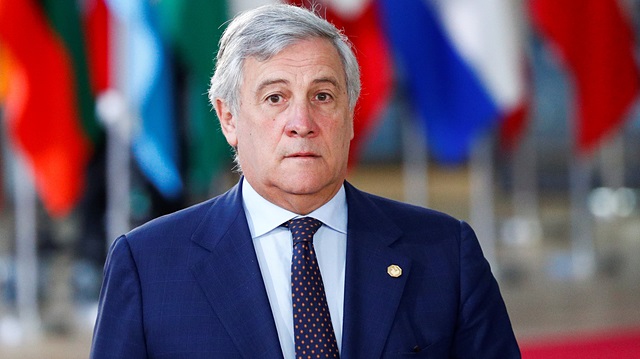
The head of the European Parliament suggested on Thursday that EU states who refuse to host refugees could instead pay more for migration and development projects in Africa.
The migration dispute has divided southern and eastern EU states as well as rich destination countries such as Germany since 2015, when more than one million refugees and migrants from the Middle East, Africa and Asia reached the bloc's borders.
But the tone has changed recently after years of one camp insisting all EU states must take in some people and the other side rejecting that.
"No relocation - more money for Africa," Antonio Tajani told a news conference on Thursday as the bloc's 28 national leaders discussed migration. "This should be a good compromise."
"It's better to have an agreement with a compromise than no agreement," he said.
Mediterranean arrivals are below 100,000 people so far this year, according to United Nations data, a far cry from the 2015 influx that caught the bloc unprepared and overwhelmed security and other public services.
The chaotic scenes are still reverberating in European politics, which has since seen a surge in support for anti-immigration, populist and nationalist groups. But lower arrivals now mean some of the heat is off, making a deal easier.
The eastern, ex-communist EU states like Poland and Hungary are still adamant that they would not allow any refugees from the mainly-Muslim countries in.
Germany, France and the Netherlands, previously firmly demanding solidarity from all EU states, may be more open now to allowing their reluctant peers to buy out of the scheme as a way of sealing a deal, diplomats said in Brussels.
"We cannot force (others to take in refugees), but those that do not do so must possibly contribute in another way such as... in Africa. Everyone needs to take on some of the responsibility that we all have," Germany's Foreign Minister Heiko Maas told his EU peers recently.
Any political agreement was likely to take more time, diplomats and officials said, not least because Hungarian Prime Minister Viktor Orban and the eurosceptic Italian government have built their political clout on an anti-immigration line and criticism of how the EU has handled the matter.



